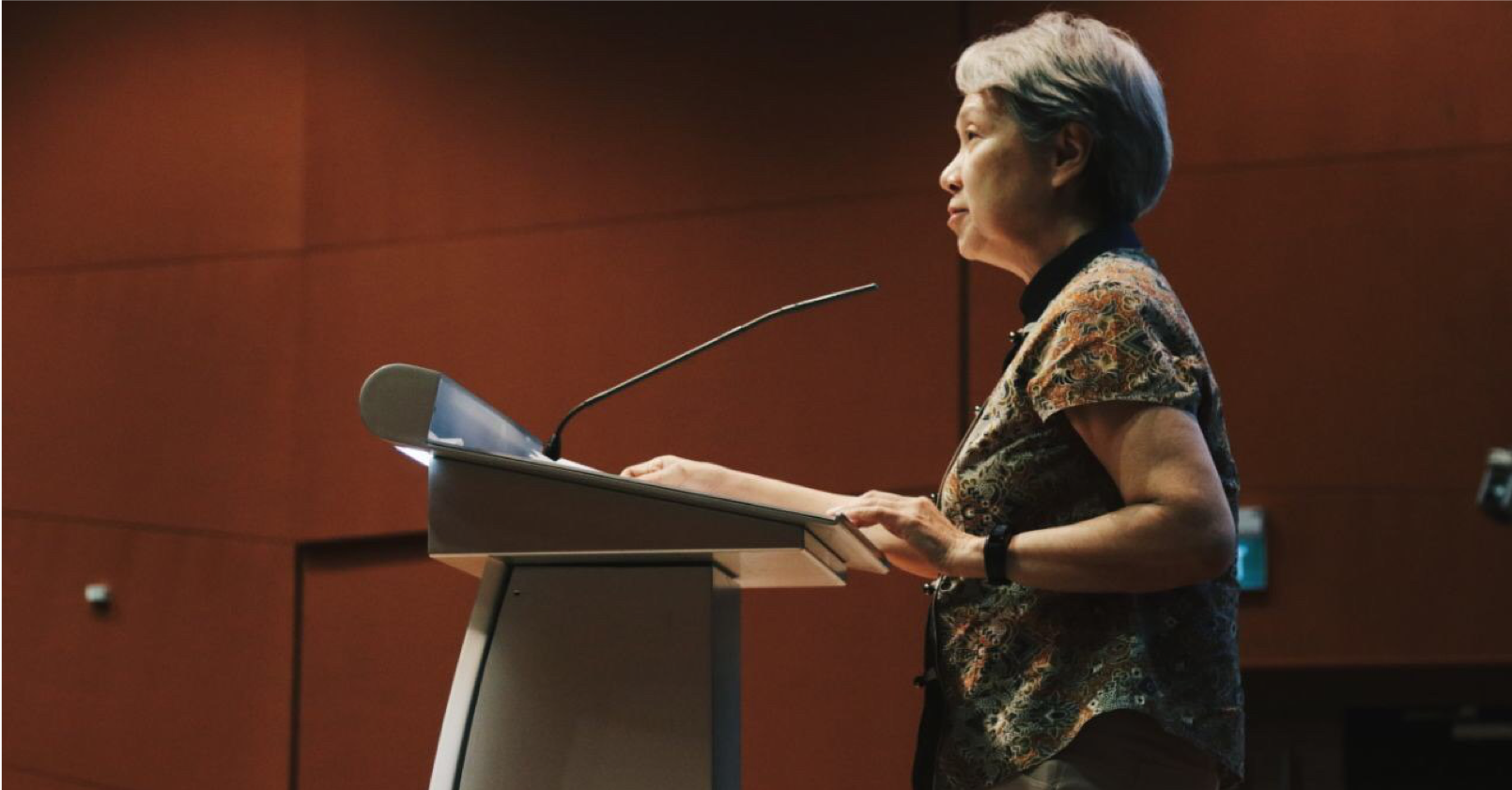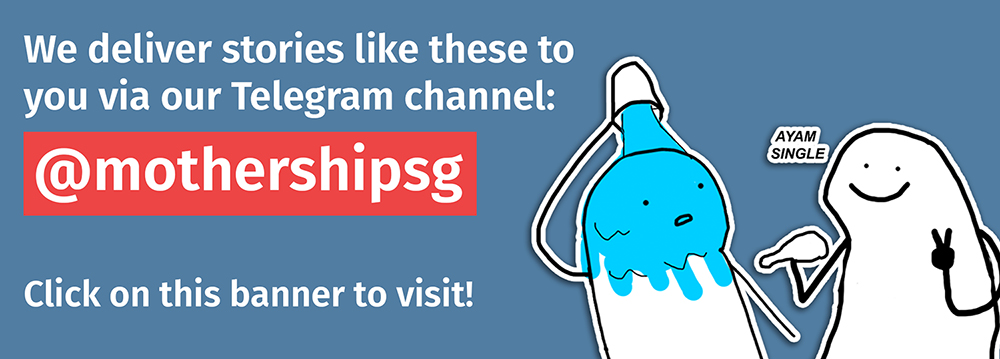Do something about climate change now -- before it's too late.
That was the stark message delivered by Temasek Holdings' Chief Executive Officer Ho Ching, in her speech at the St. Gallen Symposium Singapore Forum.
Ho spoke at the Shaw Foundation Alumni House on Jan. 19, in front of an audience of about 300 guests.
These included diplomats, senior civil servants, CEO of DBS Group Piyush Gupta, former Nominated Member of Parliament Viswa Sadasisvan, and Swiss Ambassador Fabrice Filliez.
She touched upon the theme of financial, human and knowledge capital, and its purpose in serving society.
But a significant portion of her speech focused on the topic of climate change.
Climate change affecting Singapore
She referred to the report released by the UN Intergovernmental Panel of Climate Change in late 2018, which said that a global temperature of one-and-a-half degrees centigrade warmer than the pre-industrial past was a "tipping point" for a liveable Earth.
To tackle this, Singapore and nearly 200 other countries agreed to deliver the UN Sustainable Development Goals by 2030.
However, 2030 is just little over a decade away.
Instead of dwelling on the devastating global effects of climate change, Ho Ching narrowed the focus to Singapore.
"Warmer climate means faster mosquito breeding cycles, and higher risks of mosquito-borne diseases like dengue, zika, malaria, chikungunya and more," she said.
Dying coral reefs might look shocking, but the threat of more mosquitoes might make more Singaporeans sit up and take notice.
The cost of air-con
Ho Ching also revealed the alarming rate at which Singapore is heating up.
"In Singapore, we got warmer by about a quarter degree every decade since the 1940s. But in the last five years, our Central District got one degree hotter," she said, pointing out that this rate of increase is eight times faster than before.
Our insatiable appetite for air-conditioning -- which Lee Kuan Yew once called the greatest invention -- is responsible for a staggering 30 per cent of our total energy consumption.
However, she cited one example of how Singapore can reduce its thirst for air-conditioning, with a major building saving 40 per cent of its electricity consumption by tapping into the Marina Bay district cooling system.
Such bold measures not only fight the problem, but can also save money.
"There is, you know, no Plan B for us, because there is no Planet B," she quipped.
Human capital
Besides climate change, Ho also touched on the importance of maximising and using capital.
She name-checked Singapore founding father Goh Keng Swee, who noted that population size and natural resources were not key drivers of progress.
"Dr Goh concluded that the key to progress was human capital," she said.
She also made the point that human capital was more than just knowledge, and emphasised the importance of working as a team.
If individuals pushed for their own gain at the expense of others, not much progress can be made.
"This is the problem of the commons, we all end up worse off when it is each man for himself, with no regard for the whole," she said.
Don't let misinformation win
With a characteristic Ho Ching flourish, she took the audience on a journey through human history to demonstrate how simple nomads eventually progressed far enough to land a robot on Mars.
She described how the knowledge of the ancient Greeks was lost during the Dark Ages, and how the progress made by the Arabs and the Chinese were stalled after they stopped seeking knowledge.
She drew a comparison to the misinformation perpetrated in the modern era, specifically calling out the "cult" of anti-vaccination, which resulted in measles being spread again in certain communities.
"Knowledge and facts can be lost amidst the mire of prejudices, ignorance and bigotry," she said. "But we must not give up, we must continue to learn and discover, as individuals and as a society."
"Ultimately, the purpose of our capital, whether economic, human and knowledge capital, must be to ensure life can survive on Earth," she concluded.
Related story:
Top image by Rachel Ng.
If you like what you read, follow us on Facebook, Instagram, Twitter and Telegram to get the latest updates.

